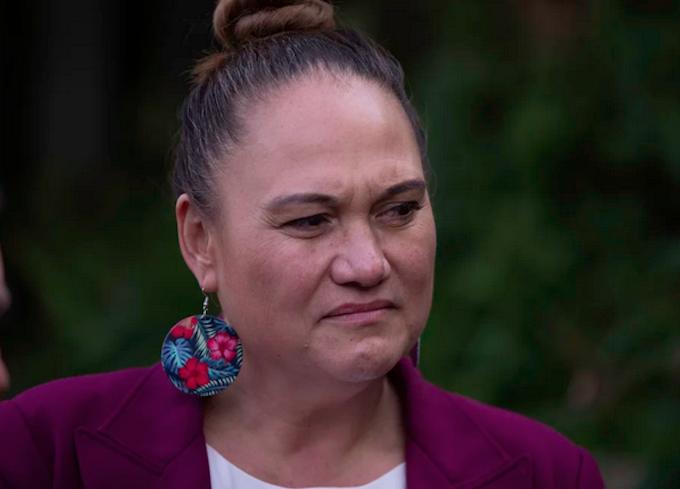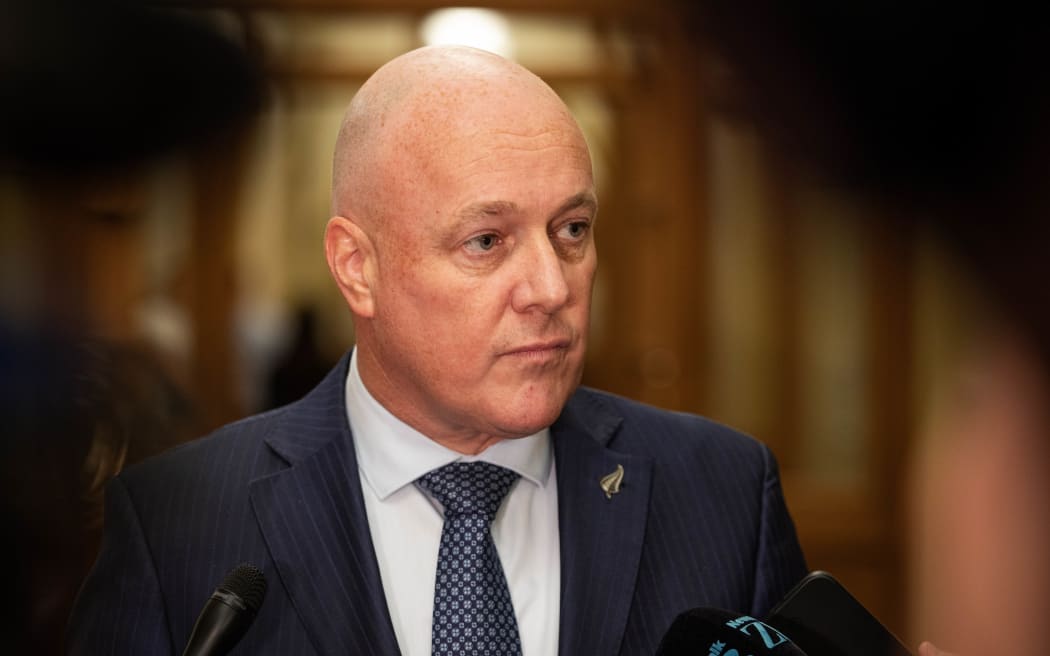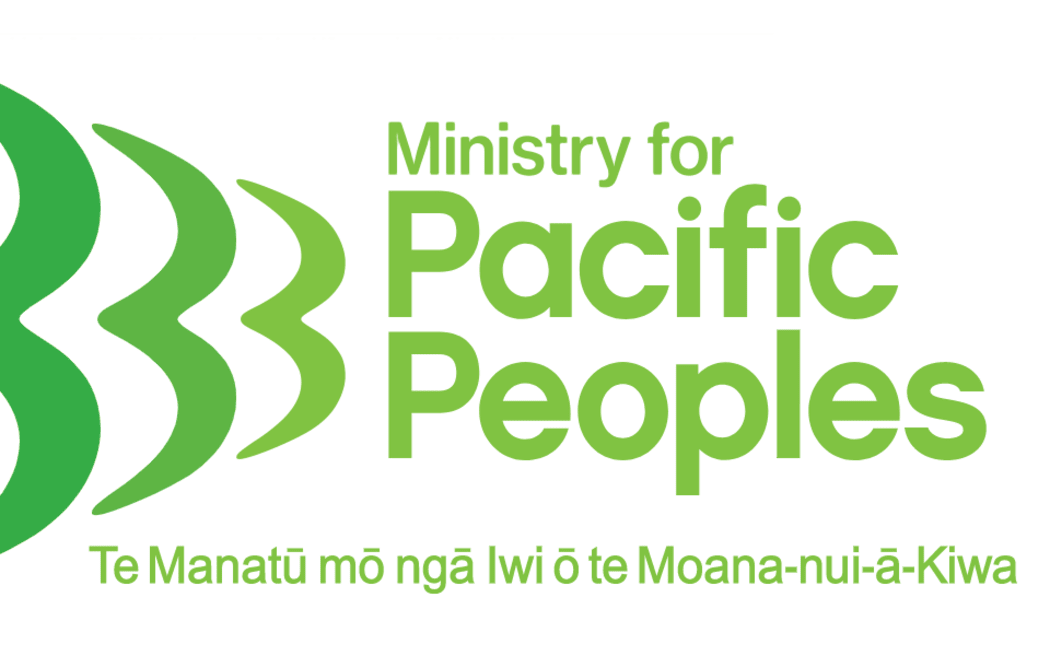
Opposition MPs and unions are criticising a proposal by New Zealand’s Ministry of Pacific Peoples to cut staff by 40 percent.
The country’s largest trade union — The Public Service Association — says the ministry has informed staff that it is looking to shed 63 of 156 positions.
Opposition MPs have slammed the decision, which they say will undermine the delivery of services to Pasifika communities in New Zealand.
Labour MP and former deputy prime minister Carmel Sepuloni said it also reduced a Pasifika voice in the public sector.
“Our overriding concern is not only the impact on direct support from the delivery of services to communities, but also the equality of advice that would be offered across government agencies in areas such as health, housing or education,” Sepuloni said.
“We would have a thought that Pacific people should be a priority given the fact that many of the challenges in New Zealand at the moment disproportionately affect Pacific people.”
The slash is the latest proposal by government to cut staff across the public sector. Within the last week alone, the Ministry for Primary Industries and the Ministry of Health proposed cuts amounting to more than 400 positions.
Prime Minister Christopher Luxon said the cuts were needed to “right size” the public service.
Staff cuts had long been promoted by Luxon in order to fund a tax cut package.
“What’s happened here is that we’ve actually hired 14,000 more public servants and then on top of that, we’ve had a blowout of the consultants and contractor budget from $1.2 billion to $1.7 billion, and it’s gone up every year over the last five to six years,” Luxon said.
“And really what it speaks to is look, at the end we’re not getting good outcomes,” he added.

But critics say the cuts will only cause mass unemployment and undermine services needed across New Zealand. Public Sector Association national secretary Duane Leo said the cuts would have far-reaching consequences for the health and well-being of Pasifika families in Aotearoa.
“We know that Pasifika families are more likely to be in overcrowded unhealthy housing situations and challenging environments, and they’re also suffering from the current cost of living,” Leo said.
“The ministry plays an active role in supporting housing development, the creation of employment opportunities, supporting Pasifika languages cultures and identities, developing social enterprises — this all going to suffer.
“The government is after these savings to finance $3 billion worth of tax cuts to support landlords … why are they prioritising that when they could be funding services that New Zealanders rely on.”

The extent of staff cuts will be revealed next month when the New Zealand government is expected to announce its Budget on May 30.
Sepuloni said the massive cut indicated a move to get rid of the ministry, something that has long been promoted by Coalition partner — the ACT Party.
“We have to wonder if these are the first steps towards abolishing the Ministry,” Sepuloni said.
“It’s undermining the funding to an extent that it looks like they’re trying to make the ministry as ineffective as possible, and potentially justify what ACT has wanted from the beginning . . . which is to disestablish the ministry.”
In response to criticism about cuts to the Ministry of Pacific Peoples, Finance Minister Nicola Willis said all government agencies should be engaging with the Pacific community — not just the Ministry of Pacific Peoples.
Willis said the agency had grown significantly in recent years and a rethink was appropriate.
“It’s our expectation as a government that every agency engaged effectively with the Pacific community not just that ministry,” Willis said.
“We think the growth that has gone on in that ministry was excessive.”
This article is republished under a community partnership agreement with RNZ.














































